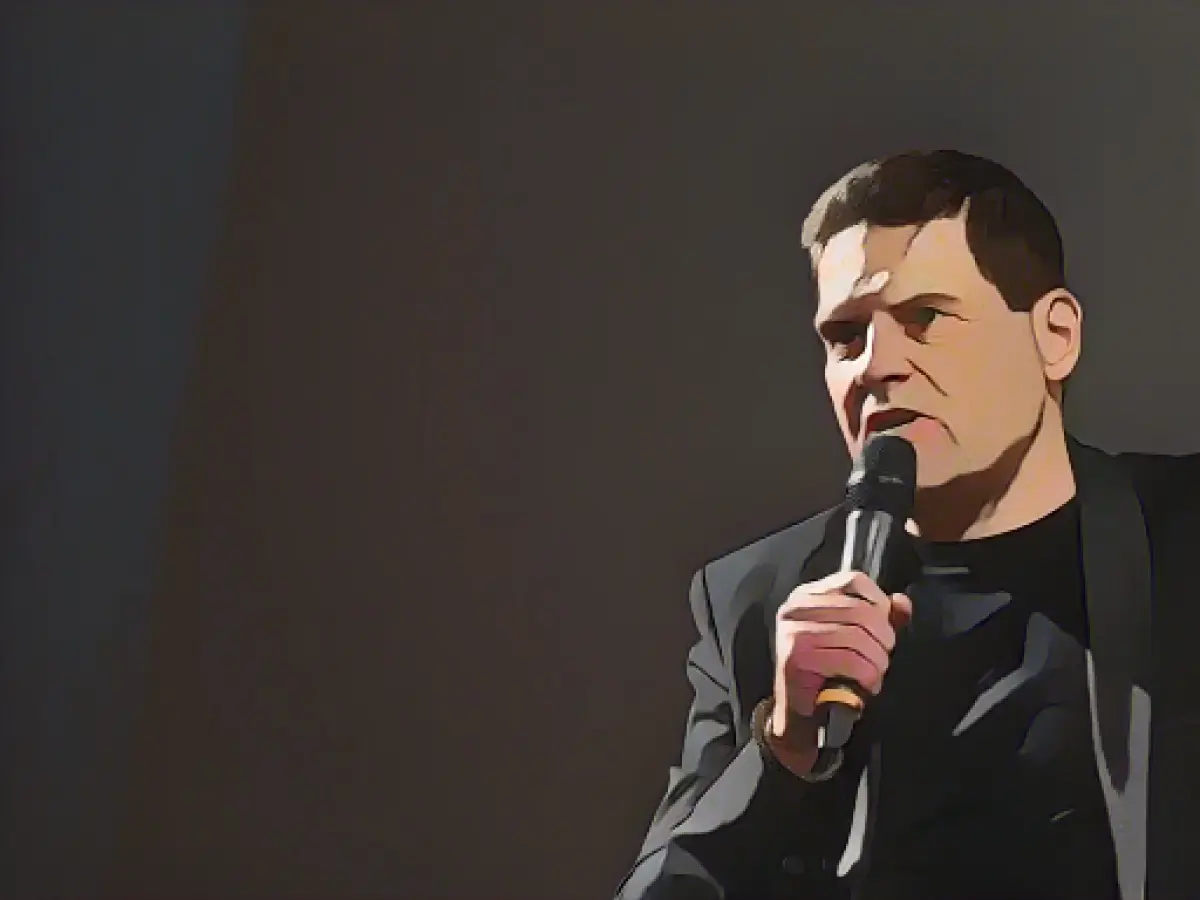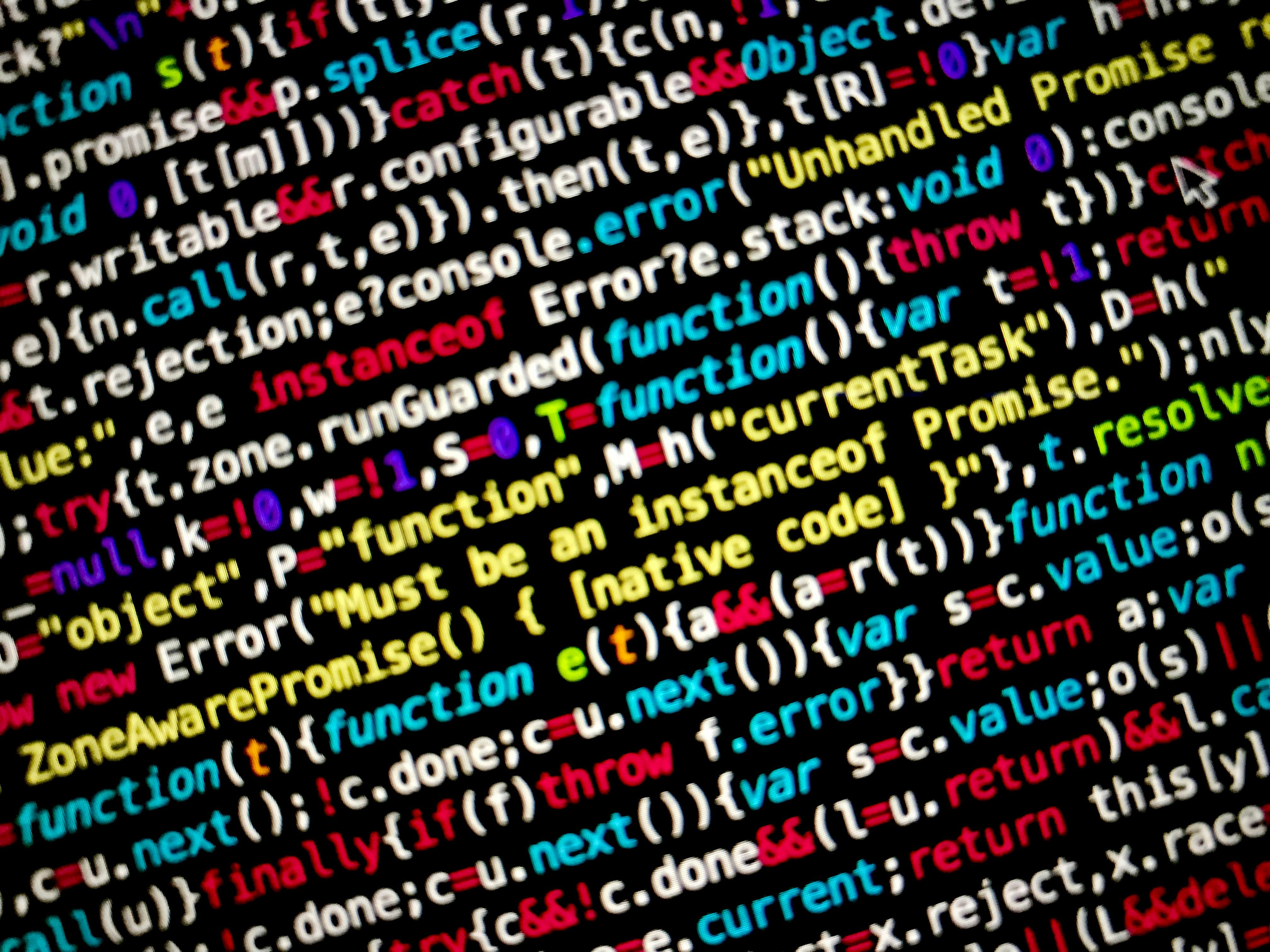In an unexpected turn of events, cycling legend Jan Ullrich confesses to using performance-enhancing drugs throughout his career. The 1997 Tour de France champion, now 49, broke his silence at the presentation of the Amazon documentary "Jan Ullrich - The Hunted" in Munich. With a guilty look on his face, Ullrich admitted, "I doped, and I feel guilty."
Up until now, Ullrich had always maintained his innocence, even amidst persistent rumors and accusations. His past response to inquiries about doping was, "I didn't cheat anyone." However, in this candid documentary, Ullrich sought to set the record straight. "I don't want to cheat anyone. I didn't want to get an unfair advantage. It was a different time back then," he explained during a panel discussion.
The event drew a notable crowd, including former team boss Olaf Ludwig, his sporting director Rudy Pevenage, colleagues like Ivan Basso, Jens Heppner, and Danilo Hondo, his youth coach Peter Sager, and even Marcelo Pantani's mother.
Ullrich's 1997 Tour de France victory marked a significant milestone in Germany's cycling history and sparked an unprecedented cycling boom. Known as the "Boris Becker of cycling," Ullrich amassed numerous victories, including five second-place finishes in the Tour and two world championship titles.
Recent interviews saw Ullrich discussing the prevalence of doping within his Telekom team. He shared that the team's culture made doping an apparent necessity. With the understanding that he was learning from the "system," Ullrich considered it a form of equal opportunity at the time.
Ullrich's career came to an abrupt end in 2006 following his exposure as a client of doping doctor Eufemiano Fuentes in the "Operacion Puerto" scandal. He was later handed a two-year ban by the International Court of Arbitration for Sport (CAS), which saw his wins from 2005 to 2006 stripped. Despite his admission of seeking treatment from Fuentes, Ullrich never publicly confessed to doping, as advised by his lawyers.
The question now arises: Will Ullrich's recent confession revoke his earlier victories, particularly his 1997 Tour de France title? It remains uncertain, as precedents in professional cycling have varied. Armstrong's titles were stripped following his lifetime ban in 2013, yet Bjarne Riis, who confessed to doping in 2007, retains his 1996 Tour de France victory. Ullrich's Olympic gold from 2000 also seems secure, given the IOC's ten-year statute of limitations for doping offenses.
Ullrich's off-the-bike escapades have often made headlines as well. Following his divorce, his life took a chaotic turn, with incidents such as his Mallorca "total crash," which involved heavy drinking and drug use, as well as a brief stint in prison and a private clinic for addictive disorders. Ullrich's former rival, Lance Armstrong, played a key role in helping him turn his life around.
Enrichment data:
Jan Ullrich's doping confession raised several implications for his career and legacy in professional cycling.
- Damaged Reputation: Ullrich's confession has led to a significant erosion of his reputation and legacy in cycling. While his titles remain intact, the erosion in public perception has tarnished his career achievements.
- No Official Revocation: Unlike Lance Armstrong, Ullrich did not face official title revocation. However, the confession served as a clear acknowledgment of Ullrich's use of performance-enhancing drugs during his career.
- Post-Career Challenges: Ullrich's career was already affected by doping allegations before his confession, causing a decline in his public image and professional standing. His personal life was also marred by numerous incidents.








